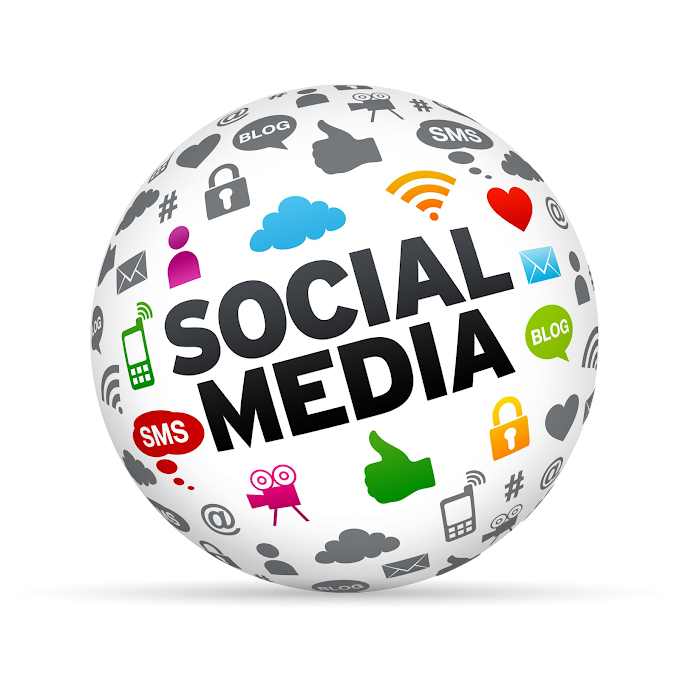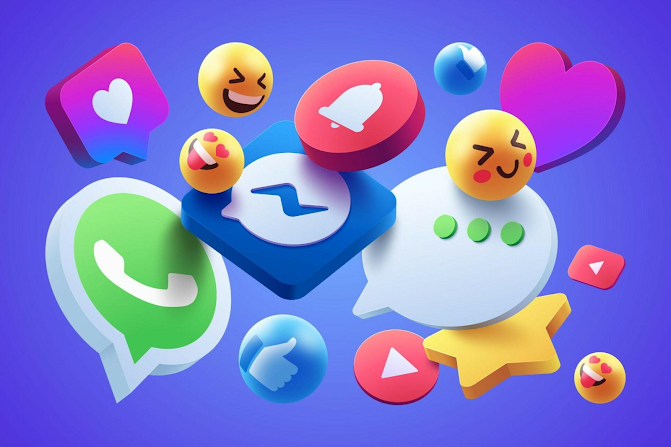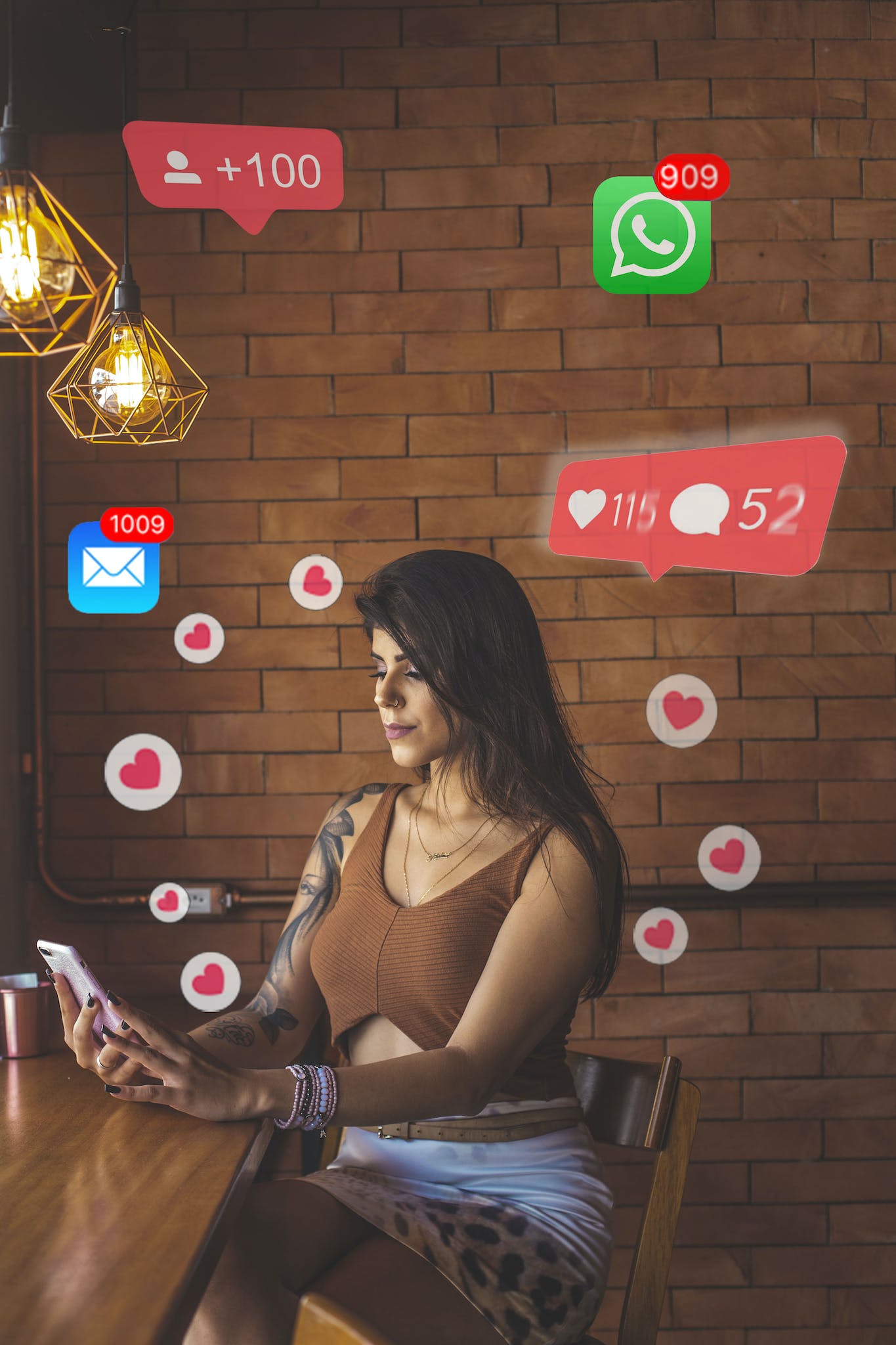Social Media: What are the Dangers of Social Media?

Many people use social media in one way or another. Although this use is not harmful in itself and social media can sometimes be beneficial, it is important to be aware that social media is associated with many problems and dangers, including stress, anxiety, loneliness and depression.
By understanding the dangers of social media, you can both cope with them and help others cope. Within the framework of this article, you will learn about the problems associated with social media, see who is sensitive to these problems, and understand what you can do to combat these problems.
What are the Dangers of Social Media?
Social media use is associated with many problems regarding people’s emotional well-being, mental and physical health and many areas of their lives. Research on this subject shows that social media use causes the following problems :
- Anxiety
- Stress
- Emotional exhaustion
- Depression
- Jealousy
- Low self-esteem
- Poor sleep quality
- Health problems

Social media addiction [ may also refer to addiction to a specific platform (e.g. Facebook addiction) ] Conflict with important responsibilities, such as schooling, thereby affecting students’ gradesUser exposure to misinformation , violation of personal data privacy, and political polarizationThese problems; It has been detected in users of many different social media platforms such as Facebook, Instagram, Twitter, Youtube and Snapchat.Some of these problems are not limited to social media use; It is generally associated with internet use. However, many of the problems are related to social media, and some are almost entirely associated with social media-specific behaviors. An example of this association is the negative effects of “taking selfies.” It is known that taking selfies increases people’s social sensitivity and lowers their self-confidence.
Finally, we note that the studies cited in this article only address issues associated with social media; We would also like to point out that it does not clearly prove whether these problems are caused by social media; However, there is enough research on the subject to prove that social media can cause these problems in certain situations, and in most of this research, it is wise to assume that social media does cause these problems.
In brief, social media use can cause mental problems such as anxiety , stress, depression , loneliness, and low self-confidence; physical problems such as poor sleep quality; It is associated with general problems such as exposure to misinformation and political polarization.
Things to Keep in Mind About the Dangers of Social Media
There are a few things to keep in mind regarding the dangers of social media.
First, as noted in the previous section, much of the research on the subject is correlational; That is, the subjects used social media during the periods when they experienced the expressed problems. This coincidence of social media use and the emergence of problems does not necessarily mean that there is a causal relationship between the two (that is, one causes the other).
Additionally, individuals who use social media more may experience more serious depression in the future. Numerous studies link social media use to decreases in subjective mood, sense of happiness, and life satisfaction.
The third issue is that some studies in the field have found contradictory evidence that social media causes certain problems. For example, one study found no relationship between social media and clinical depression.
The fourth issue is that some studies on the dangers of social media are criticized for different reasons such as methodological or conceptual flaws.Finally, although there is considerable evidence that social media is associated with a number of problems, this does not mean that social media use leads to negative consequences in all cases. This idea is supported by research showing that social media does not always have a negative impact on people’s mental health and that social media use can be beneficial in certain situations.

For example, passive consumption of social media content instead of active communication is associated with a decrease in the bonding and bridging processes we do with our social capital. One explanation for this may be that exposure to highly idealized representations of peers on social media leads to feelings of envy and the distorted belief that others are leading happier and/or more successful lives. As a result, it is thought that these feelings of jealousy may lead to feelings of self-deprecation and depression over time.The second thing to keep in mind is that the studies on the subject were conducted with homogeneous student samples. The results of this type of study may not be extendable to other populations.
Even if such a causal relationship exists, its direction is not always clear; In other words, is the increased use of social media causing these problems? Or are these problems increasing the use of social media? It is not known whether or not they both feed each other .]In one of the studies conducted in this field of association, the following statements were made about depression and social media:
Depressed individuals may tend to use social media more. For example, depressed individuals with a decreased sense of self-worth may try to meet their need for validation through social media-based interactions. As a result of this, individuals may feel a sense of guilt and obsession with their internet use; They may continue the cycle due to low self-control and negative feelings of self-worth. Due to the high accessibility provided by social media and the ability to socialize in a controlled environment, individuals experiencing depression and anhedonia may prefer social media interactions instead of face-to-face interactions.
Why Do We Continue to Use Social Media?
Many people continue to use social media platforms for various reasons, even though they are harmful. These reasons vary from person to person and situation to situation.
A notable reason for continued use of social media is the lack of awareness that social media is harmful. Moreover, in certain cases, although people know that social media is harmful, they do not pay due attention to these harms and do not change their behavior.
However, many people are psychologically conditioned about social media; They continue their use even though they know it is bad for them and want to quit. For example, one study shows that people continue to use Facebook even though it makes them feel bad, with the expectation that it will “make them feel good.”







